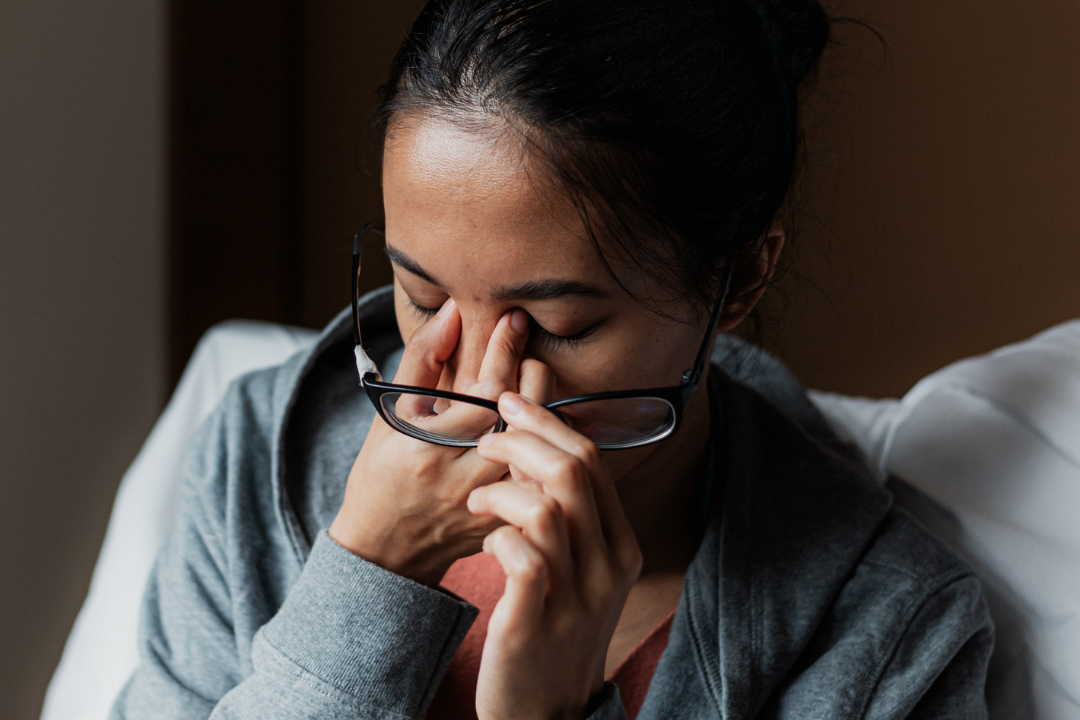Share This Story, Choose Your Platform!
Understanding Anxiety: A Roadmap to Overcoming and Managing the Invisible Foe
Anxiety has become an all-too-common companion for many people in today’s fast-paced society. It can creep into our lives and have an impact on our thoughts, feelings, and general wellbeing. Anxiety can be described as a complex emotion that can manifest in different ways, including feelings of fear, worry, and uneasiness. Even though feeling anxious occasionally is a normal reaction to stressful circumstances, dealing with chronic anxiety can be extremely overwhelming.
This is because living with anxiety often means constantly grappling with a heightened sense of alertness and apprehension. Simple tasks can become daunting as the mind conjures up numerous “what-if” scenarios and catastrophic outcomes. Social situations may trigger feelings of self-consciousness and dread, leading some individuals to withdraw and avoid interactions altogether. Furthermore, sleep disturbances and physical symptoms like headaches, and stomach problems can worsen the difficulties of daily life.
The ability of anxiety to strike without warning is one of its most frustrating characteristics. The concern of not knowing when anxiety may manifest itself can be extremely frustrating. Triggers may be obvious or uncertain, some people experience a loop of concern about anxiety as a result, which makes it difficult to stop worrying and find peace.
This invisible foe presents itself in various different circumstances such as an exam or test, job interview, disagreement with a loved one, or simply attending a social event. It can be crippling and can prevent us from living fulfilled lives, which is why it is important to understand and identify its symptoms, and most importantly, which effective management and coping mechanisms assist you in combatting its effects on you.
Fortunately, there are several coping strategies that can help individuals manage and live with anxiety more effectively:
- Seek Professional Help: The first step in addressing anxiety is reaching out for support from a mental health professional, such as therapists or counsellors, who can provide helpful tools and techniques tailored to an individual’s unique challenges around anything they are facing, including anxiety. Furthermore, sessions with a mental health professional can also assist you in challenging any negative thoughts that may trigger anxious feelings or symptoms, inserting boundaries into your life to protect your peace, and developing ways to cope with anxiety-triggering situations in the future.
- Breathing and Relaxation Techniques: Deep breathing exercises, and muscle relaxation can help reduce anxiety levels by promoting relaxation and grounding. One of my favourite techniques for this, is the 5 by 5 breathing technique. With this technique, you are required to breathe in for 5 seconds, hold your breath for 5 seconds and exhale for 5 seconds, all while squeezing something like a stress ball, pillow, or plastic bottle while you breathe in and hold your breath, and releasing upon exhaling.
- Lifestyle modifications: Engaging in regular exercise has been shown to release endorphins, otherwise known as “feel good hormones” which can assist with improving your mood and reducing your stress and anxiety levels. Creating a daily routine can offer a sense of stability and predictability, which can be comforting for those living with anxiety. Lastly, caffeine, nicotine, and alcohol can worsen anxiety symptoms, therefore, reducing or avoiding these substances may lead to noticeable improvements.
- Reach out to Supportive Friends and Family: Having a strong support system can make a significant difference! Confide in friends or family members that you trust, because sharing your feelings can help alleviate emotional or mental burdens.
- Practice Self-Care: Self-care is of high importance! Take part in activities that bring you joy and relaxation, whether it is reading your new book, spending time in nature, or pursuing a hobby. If you do not take care of yourself who will? Self-care is essential for both managing and overcoming anxiety and coping with life in general.
Keep in mind that living with anxiety is a process, and it is natural to experience both positive and challenging moments in your life. Embrace the growth you achieve and practice patience with yourself during tough times. With appropriate support and coping techniques, it will be easier to lead a rewarding life despite the obstacles posed by anxiety.
If you or someone you know is facing anxiety, remember that seeking professional help is never a sign of weakness but rather a courageous step towards reclaiming your peace of mind. With time, patience, and a proactive approach, anxiety can be conquered, and you can pave the way for a brighter and calmer future. Always remember that you are not alone in this journey, this feeling will pass. The fear is real, but the danger is not.
Author: Caitlin Claase



